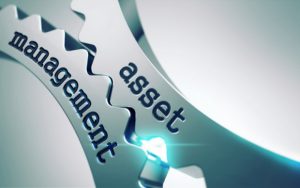UNDERSTAND YOUR RISKS BETTER (PART 1)
In leasing, lessors (owner of an asset) are faced with two major types of risks: credit and asset risks. Before you as lessors commit into any lease transaction, it is imperative to conduct a proper analysis of the lessee (user of an asset) on these two types of risk. Lessor. having assessed the credit worthiness of the lessee, it is equally imperative to assess the other risks, which may confront the lessor. These include: (1) OWNERSHIP RISK The lessor…











